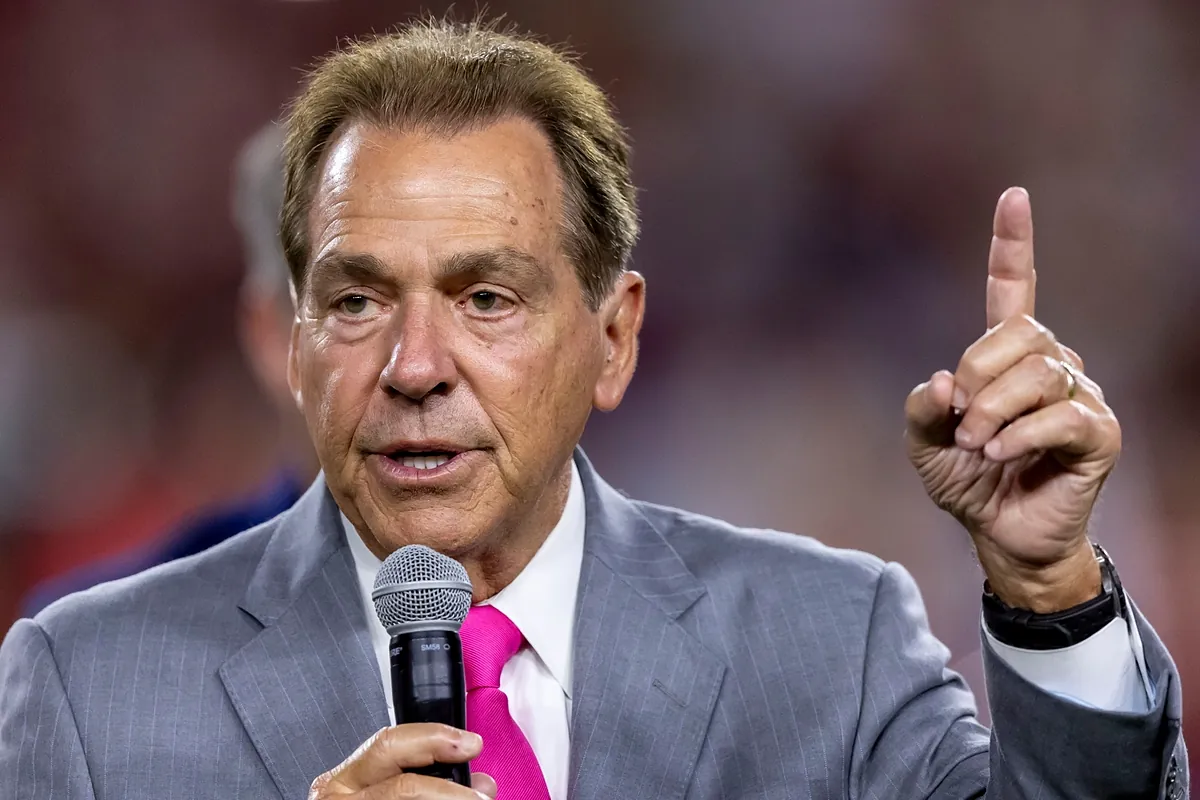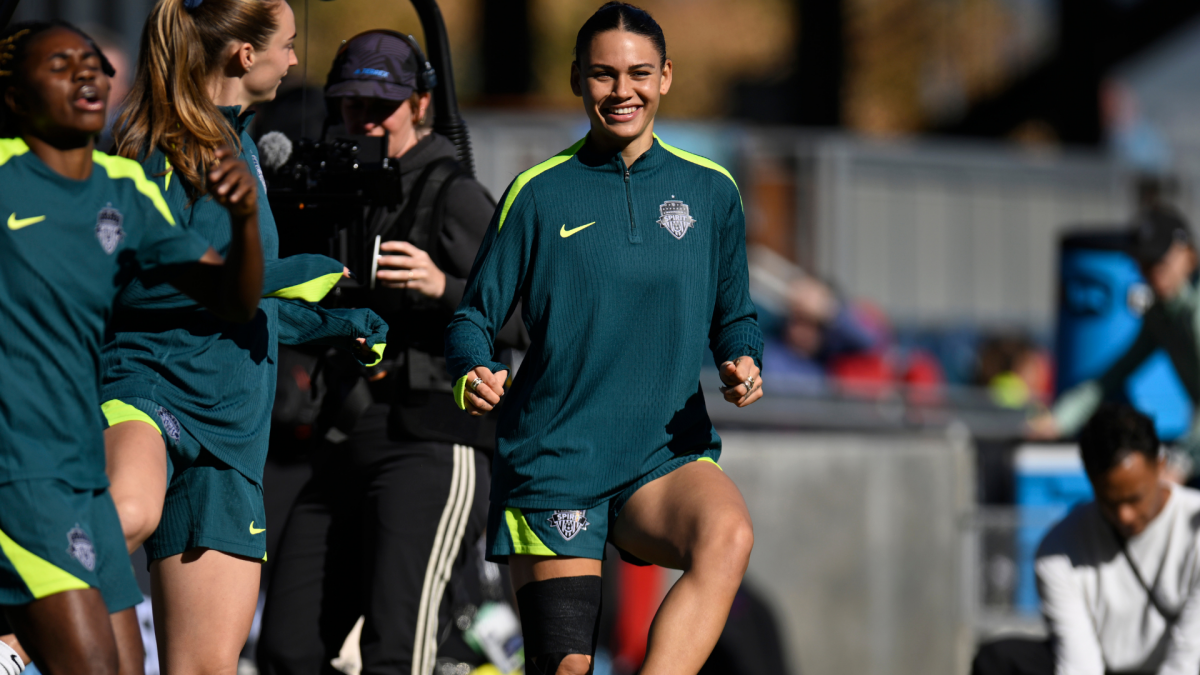

The world of college sports finds itself in the eye of another political and cultural storm after President Donald Trump signed a sweeping executive order intended to roll back the explosion of athlete endorsement deals across the NCAA.
The move is already reshaping the landscape, sparking fierce debate among coaches, players, and administrators about what the future of college athletics should look like.
For Nick Saban, one of the most respected figures in the history of college football, the answer is clear.
The former Alabama coach, who retired this spring after a career that produced seven national championships, has become one of the most vocal advocates for returning college sports to what he calls its “education-based roots.”
“We sort of need to make a decision here,” Saban said on Fox News, emphasizing his concern that NIL, or Name, Image, and Likeness rights, have veered too far from the intent of college athletics.
“Do we want an education-based model, which I think the President took a big step towards doing that, or do we want to have universities sponsor professional teams? I think most people would choose the former.”
A seismic shift for NCAA athletes and coaches
The executive order, titled “Saving College Sports,” introduces strict new rules that cap the amount athletes can earn through personal endorsements, and sets out new guidelines for schools and sponsors.
The White House has framed the order as necessary to maintain competitive balance and ensure that athletes do not lose sight of the academic missions of their universities.
Trump‘s action comes after several years of rapid growth in athlete compensation, with NIL deals turning star college football and basketball players into millionaires before they set foot in the pros.
Supporters see this as long overdue, arguing that athletes have powered multi-billion-dollar television contracts and deserve a piece of the action.
Critics, however, worry that the new era of “pay for play” is undermining the traditional spirit of amateur competition.
Saban has not shied away from those concerns, repeating his view that college sports is “at a crossroads.”
“I think President Trump’s Executive Order takes a huge step in providing the educational model that has always been what we’ve tried to promote to create opportunities for players,” Saban said, framing the new rules as a way to restore balance to the system.
But not everyone is convinced. While the order reins in player compensation, it does not address the enormous sums universities and coaches earn from television contracts, bowl games, and apparel deals.
That has fueled skepticism among athletes, some administrators, and player advocates, who say the system is still stacked against the young men and women who risk injury every week for their schools.
The future of amateurism in a billion-dollar industry
The tension at the heart of the debate is not new. College sports has always lived in a gray area between amateur ideals and commercial realities.
The difference now, observers note, is that the money has never been bigger-and the stakes have never been higher.
As coaches and athletic directors adjust to the new NIL restrictions, some worry that the best talent may simply choose to play professionally elsewhere, or even bypass the NCAA altogether.
Others believe the policy could help preserve what makes college sports unique, putting the focus back on the student-athlete experience. As the dust settles, the only certainty is that the battle over athlete compensation is far from over.
With new rules in place and old debates reignited, college sports faces a pivotal test: Can it reconcile tradition with transformation, and keep its core values intact in the modern era? Only time will tell.
This news was originally published on this post .







Be the first to leave a comment